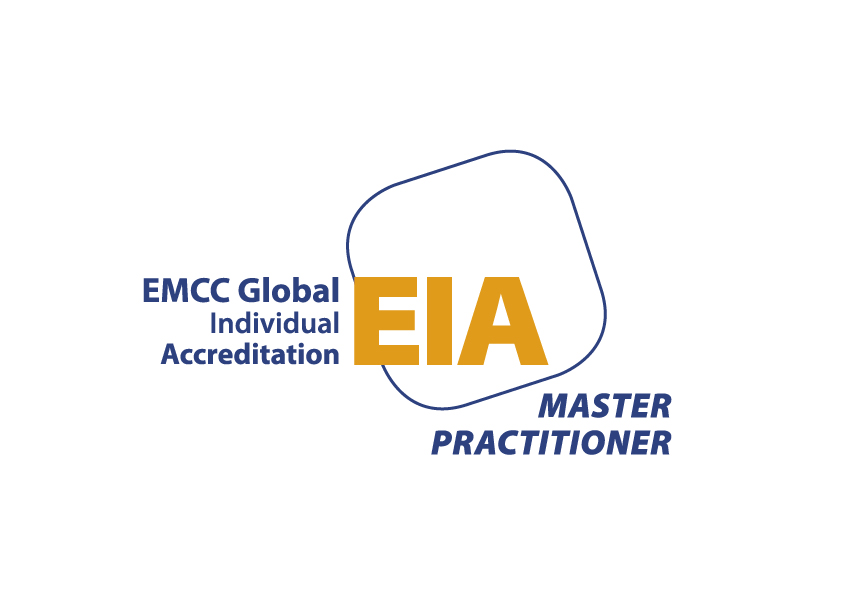Respect
“Respect” is one of the 1000 dollar words that people use to describe their attitude as consultants. But what does it mean when someone states: “We treat our partners with respect”? How do clients and business partners recognize that they are being treated “respectfully”.
“Respect” is not only used to describe customer relations – it is also used in the negative mostly to describe competitors we don’t agree with. These competitors on the other hand will deny such allegations and return the “compliment”. All in all not very useful interactions.
So breaking down the 1000 dollar word “respect” – what do you do when you respect someone? Here are some “clues” for respect:
- “Make your partner look good”, is an old saying in improvisational theater and very good advice for anyone who wishes to collaborate. You show respect when you say good things about your partners, talk about what you appreciate and create positive rumors.
- When someone praises you, try and mention everybody’s contribution. Ben Furman and Tapani Ahola talk about this in their book “Twin Star”. When someone gives you a compliment, for example: “You did such a great job in the team coaching process!” you can reply by sharing the praise: “Yes, I was very happy with it, too, but I could not have done it without the openness and constructive behavior of everybody in the team.”
- When there is a difference of opinion or the need to criticize, a respectful partner won’t throw up his or her hands in despair movie director style and shout: “I can’t work with such idiots.” Instead, differences will be explored for the value they add. Criticism will take the form of a question or request to do something differently. This form of “respect” tells our partners: “We generally think you are competent and have good intentions.” And even if you don’t think someone is competent and has good intentions: pretending is the more useful and respectful way of collaborating.
- When you are trying to move toward a goal, a respectful partner will carefully explore what their counterpart wants to achieve. They won’t assume that they “know what’s good for them”. Future oriented questions are very helpful here: “Suppose we achieve our goal, what will be different?” or “how will you notice?” This way, a deeper understanding of everybody’s ambitions can be generated
- One way we recognize respect is also a general caution with regard to interpretations. Respectful communication stays open minded to different perspectives and the possibility that we haven’t understood what someone wanted to say. Communication is an emergent process of meaning generation, so there is no way of knowing “what someone really wanted to say.”
Of course, there are many other ways people show respect and it differs from culture to culture – the above are our “clues”, how we notice that someone is being respectful. What did we forget?




